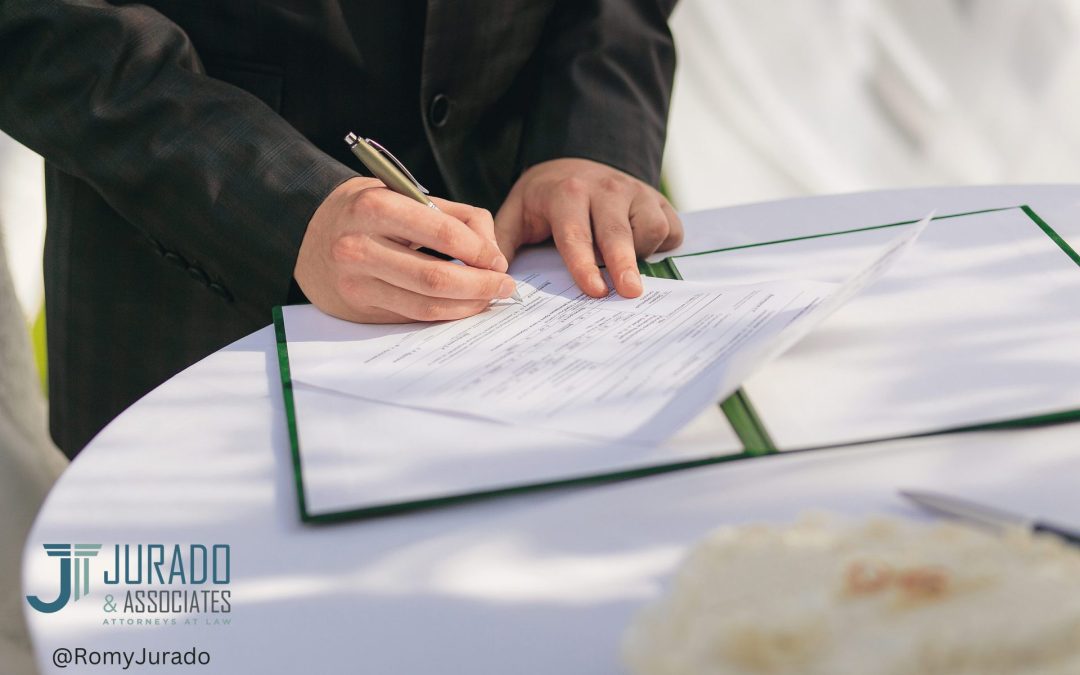Manufacturers, distributors, and sellers of alcoholic beverages cannot operate in Florida without a proper license. The Department of Business and Professional Regulation (DBPR) is responsible for regulating and licensing these restricted activities.
In this article, you will discover what an 11C License is.
11C License in Florida – Understanding the Concept
The Division of Alcoholic Beverages and Tobacco (ABT) is the brand of the DBPR in charge of issuing liquor licenses and enforcing the statutory regulations pertaining to the segment. There are four major classes of liquor licenses in Florida, which are:
- Distributor licenses
- Manufacturer licenses
- Seller’s permits
- Special licenses
Formally referred to as the “Lodges/Club License for Beer, Wine, and Liquor Consumption” license, the 11C license authorizes the sale of alcohol for consumption of members and members’ guests of:
- Lodges or clubs of National and Fraternal or Benevolent Associations
- Social Clubs
- Clubs devoted to community and governmental development
- Clubs promoting showmen and amusement enterprises, clubs assisting national fraternal or benevolent associations, and
- Clubs promoting cultural relations of people of the same nationality
As part of the “special licenses” category, 11C licenses must be continuously active in operation for two years in the county where it exists (except for veteran and fraternal organizations of national scope).
Applying for an 11C License in Florida – Full Walkthrough
To apply for an 11C license, the applicant must file Form DBPR ABT-6001 (Application for New Alcoholic Beverage License). DBPR’s official licensing portal offers a printable version with detailed instructions included.
It is also possible to download the forms in PDF or Word format. The 11C license is not one of the most expensive liquor licenses available in DBPR’s catalog. The fee paid for a permanent license is $400. For applicants requesting a temporary license, the fee is $100 (¼ of the original amount).
Applicants must also submit their fingerprints. If necessary, in-state residents can visit the website of Florida’s Department of Law Enforcement to get a list of approved Livescan Device Vendors.
Applicants located out of state must contact the ABT to obtain a fingerprint card. While the documents required in the application might vary slightly from one case to another, additional documents include:
- Right of Occupancy
- All relevant zoning permits
- All required health permits
- Secretary of State/Certificate of Status
- Arrest disposition (if applicable)
- Mitigation of moral character
- Statement of Clearance issued by the Department of Revenue
- The bylaws of the business entity (i.e., lodge, social club, etc.)
- The applicant’s Employer Identification Number (EIN)
- The applicant’s Social Security Number (SSN) (if applicable)
- A sketch of the premises to be licensed
When filing the application, a prospective licensee must confirm the acknowledgment of meeting DBPR’s minimum requirements listed in “general laws and special acts.” The application can be submitted online, by email, or by hand deliver.
While going through the whole application process online is the more convenient option, the DBPR has several district offices where applicants can submit their physical applications.
Do You Want to Obtain an 11C License in Florida? – Immediately Seek Expert Legal Guidance
Waste no time with uncertainty. Contact Attorney Romy B. Jurado today by calling (305) 921-0976 or emailing [email protected] to find the best licensing strategy for your case.





